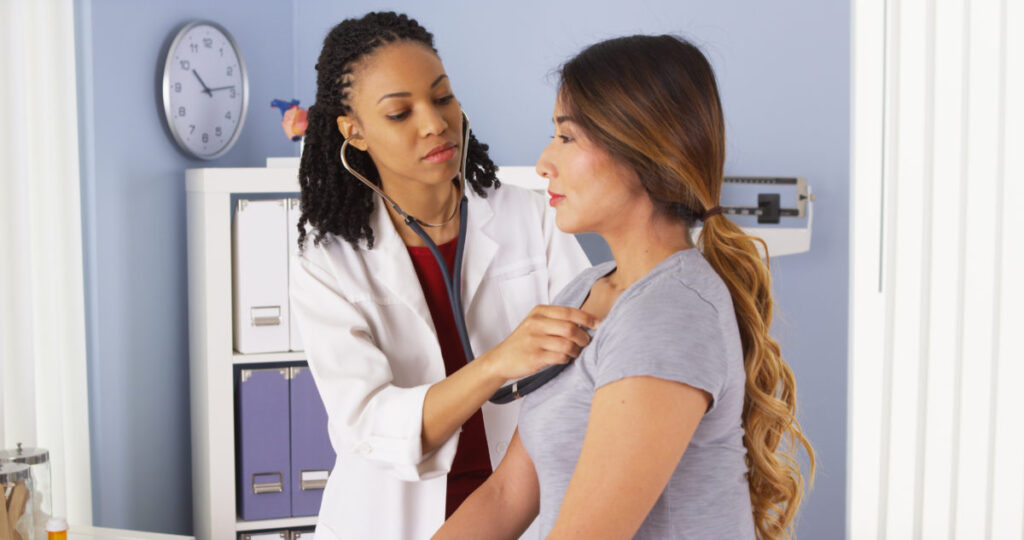3 Reasons Why Women Should Undergo Annual Wellness Exams
Putting off a women’s annual wellness exam is something many women do. It might not seem important, but it can be a lifesaver—literally. Annual wellness exams can detect underlying illnesses and diseases. They are also a great way to get checked for your mental health. The wellness exam checklist might include family history, current medications, and bloodwork, all of which are essential for keeping tabs on your health. Here are three reasons why you should schedule your annual wellness exam with your doctor, nurse practitioner, or physician’s assistant.
1. Preventative Care
Your exam will include a physical exam and consultation with your provider. Your provider will likely ask about your menstrual cycle and your sexual health. If you are premenopausal, they may help you either plan for a pregnancy or prevent one, and if you are going through menopause or past-menopause, they may help to address common concerns that arise during that time.
You can also talk to your provider about behaviors that may pose risks to your health such as smoking, drinking alcohol, or other drug use. Your provider can offer resources to help you make other healthy choices, like eating well and getting regular exercise.
Other preventative care might include vaccinations for common conditions such as HPV, shingles, tetanus, or the flu. Your provider might find that some bloodwork should be done and will order the appropriate labs. These can help detect underlying issues such as diabetes, kidney disease or anemia.
2. Screening for Diseases
A well-woman visit at Brevard Health Alliance can include disease screening. A breast exam can be done, and your provider might recommend a mammogram depending on your age and risk factors. Most women between the ages of 21- 65 benefit from a pelvic exam and pap smear every 3-5 years to screen for cervical cancer and HPV.
Heart disease, which is the leading cause of death among women in the U.S., is something older women often get screened for.[1] Depending on your age and health, your provider might also screen for osteoporosis or lung cancer. The sooner these conditions get treated, the better the outcome.
3. Mental Health Counseling
Your provider will likely ask questions about your mental health, such as whether you’ve been feeling depressed or anxious. They can offer input and recommend you to a licensed counselor. Additionally, if you are living in an unsafe situation, your provider can provide you with resources for exiting it. Approximately one in seven women are injured by their intimate partners, and time is of the essence for getting help.[2]
Ready to schedule your annual well-woman exam? Contact Brevard Health Alliance to set up your appointment. We can go over the wellness exam cost and any other questions you have about the exam.
References:
[1] https://www.cdc.gov/heart-disease/about/women-and-heart-disease.html
[2] https://ncadv.org/STATISTICS


















































































































































